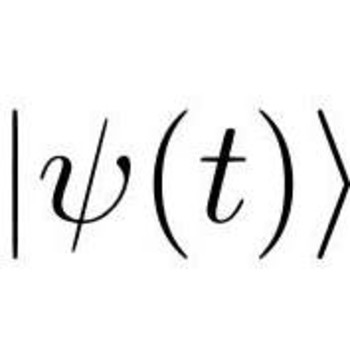How do you differentiate #y=e^-x#?
2 Answers
May 15, 2018
Explanation:
We know that
Combining the two gives us
Multiplying the two gives:
May 16, 2018
Explanation:
Given:
Differentiate using the chain rule, which states that,
Let
Then,
Combine the results together to get:
Substitute back


